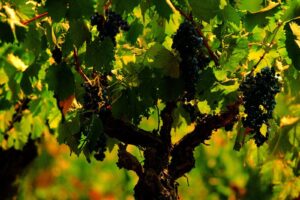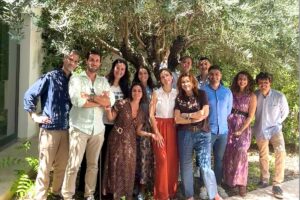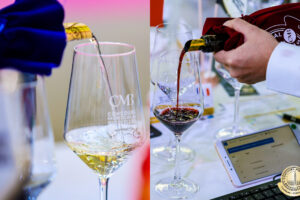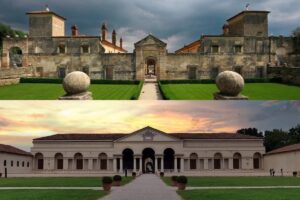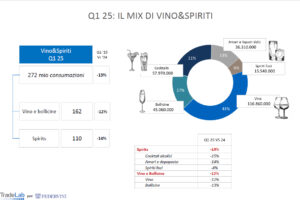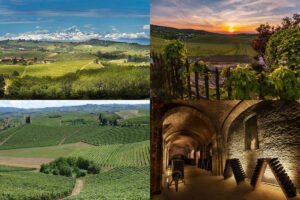A wine has been revived from an historic vineyard, grown at the temple of Juno, in one of the most beautiful and famous Italian archaeological sites in the world. It is "Diodoros," the wine of Valley of the Temples in Agrigento, fruit of the Diodoros Project launched by the Park of the Valley of the Temples in collaboration with local wine production companies, to resume growing it on more than 400 hectares of public lands, of which 120 have already been entrusted to private concessions to bring them back to a productive life. This is an example of how recovering ancient cultures and protecting bio-diversity can be a vital tool to save the landscape. And, it is a case history of a project involving public and private sectors to safeguard and promote the area, which will be discussed on December 12th at the Park headquarters in Agrigento.
“Diodoros” was born thanks to an agreement between the Park Authority and the wine cooperative CVA Canicattì that aims to restore and enhance the agricultural park of the Valley of the Temples – 1.300 acres - and state areas related to hillside agriculture, which has designed the scenery over the millennia, by selecting the most suitable crops and giving a boost to the economy. The goal is to revive the flow of tourists in these areas that have felt the effects of de-population, by attracting a broader audience ranging from archeology enthusiasts, rural tourism and food and wine fans. The project will be illustrated by, among others, Joseph Parello, general manager of the Valley of the Temples Park, John Greek, president of CVA Canicattì, Tonino Guzzo, winemaker, Dario Cartabellotta, Regional Minister for Food and Agricultural Resources and Maria Rita Sgarlata, Regional Councilor of the Cultural Heritage and Identity of Sicily. The challenge is to recover the production of olive groves, vineyards, almond orchards and cultivatable land, which not long ago were considered "precious gardens" uniting public and private sectors to coordinate entrepreneurship on the small and medium levels, to produce olives and oils, wine, almonds, pistachios and much more. Besides CVA Canicattì, Valparadiso also manages olive harvests, bottling oil produced by state-owned land, while the Association "Agrigento Almonds" maximizes native varieties.
In addition, the Italian Environmental Fund, FAI and the University of Palermo created the project "A Thousand Almonds" and have planted 1.000 plants in an area that was burned by fires, while the Soat and the tourist office of Favara have set up a experimental pistachio field. Besides the recovery and enumeration of existing heritage trees, they have created a laboratory for the characterization and conservation of almond, olive and pistachio germ plasm (with funding from the POR2000/2006) and expanded the museum's living species of non-irrigated fruit in Sicily. At the beginning of 2014, thanks to the project "Agri - Gentium" more grant state-owned land for social and productive purposes will be awarded.
Copyright © 2000/2025
Contatti: info@winenews.it
Seguici anche su Twitter: @WineNewsIt
Seguici anche su Facebook: @winenewsit
Questo articolo è tratto dall'archivio di WineNews - Tutti i diritti riservati - Copyright © 2000/2025










